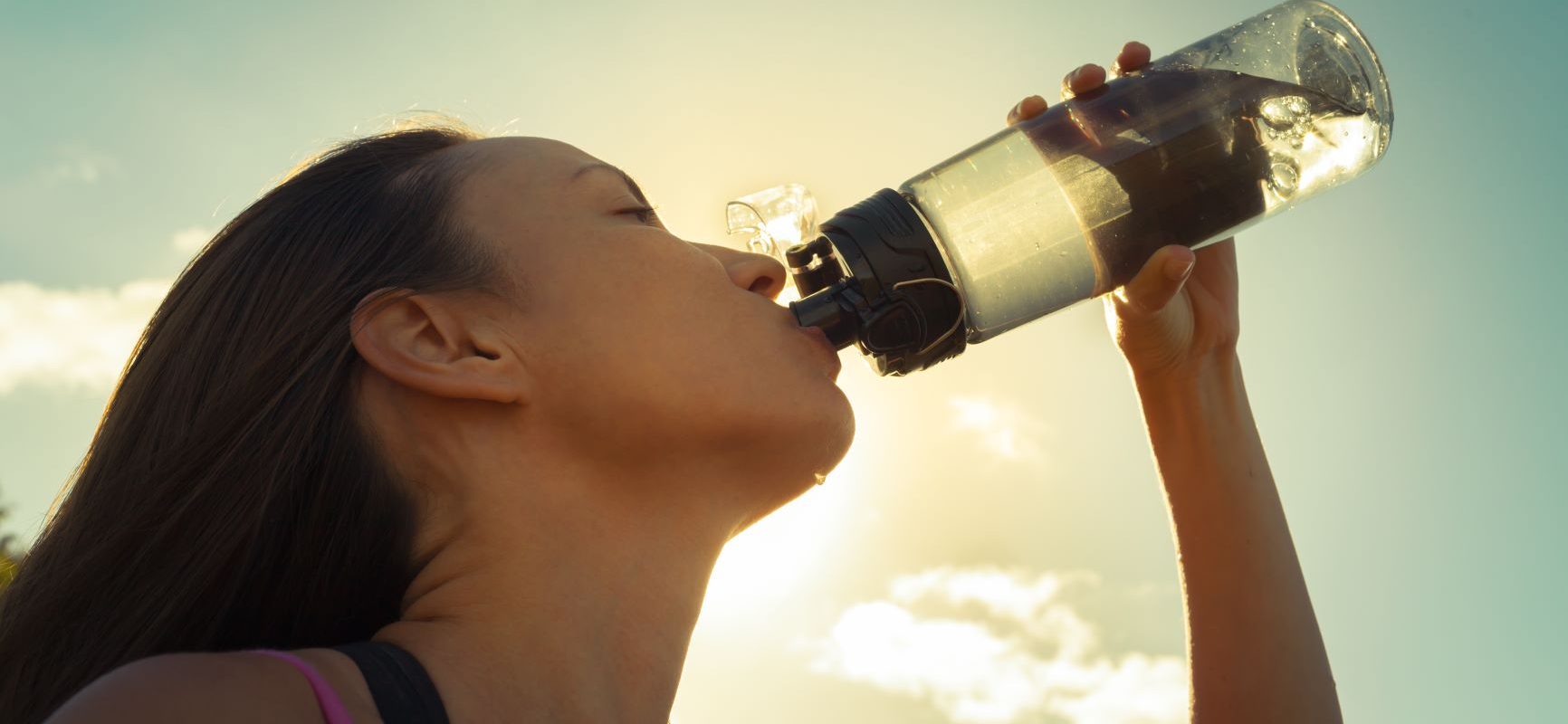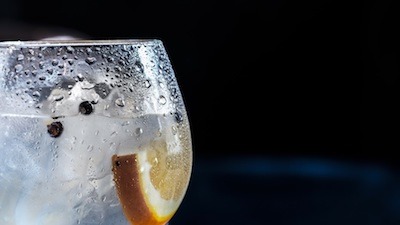 16th Dec 2016 by MIW Water Coolers
16th Dec 2016 by MIW Water Coolers
How much water should you drink per day?
The dangers of dehydration are well known. Anything from dizziness and tiredness to unconsciousness and severe complications can occur as a result of not drinking enough fluids.
Lesser known, are the dangers of over-hydration. Taking on more water than your kidneys can handle can cause fluid to collect internally.
Headaches, vomiting and disorientation can follow. If untreated, other symptoms include muscle spasms, cramps and seizures. In extreme cases it has also been known to put people into a coma.
So how do you find the right balance?
Generally, people are advised to drink six to eight glasses of fluid each day.
Ideally, this shouldn’t include sugar-loaded liquids like fizzy soft drinks, sweetened water or beer and wine.
According to the respected authority, the Eatwell Guide, it does, however, include lower fat milk, tea, coffee and other sugar-free drinks.
But nothing beats water as a source of hydration. It doesn’t damage teeth like hot and sugary drinks and is freely available.
Six to eight glasses per day is a rough guide of the minimal amount people should drink.

Clearly, the size of a person and the amount of physical activity they do are also important factors.
The best way to gauge your hydration levels is to drink little and often and listen to your body.
Dark coloured and strong-smelling urine are early signs you could be dehydrated. You might also feel a bit sluggish and have a dry mouth.
Clear urine and frequent trips to the loo may be signs of over-hydration.
Keeping your hydration at the right level boosts your mood, physical shape and ability to concentrate.
Find out how we are helping people at organisations across the country do just that here.










